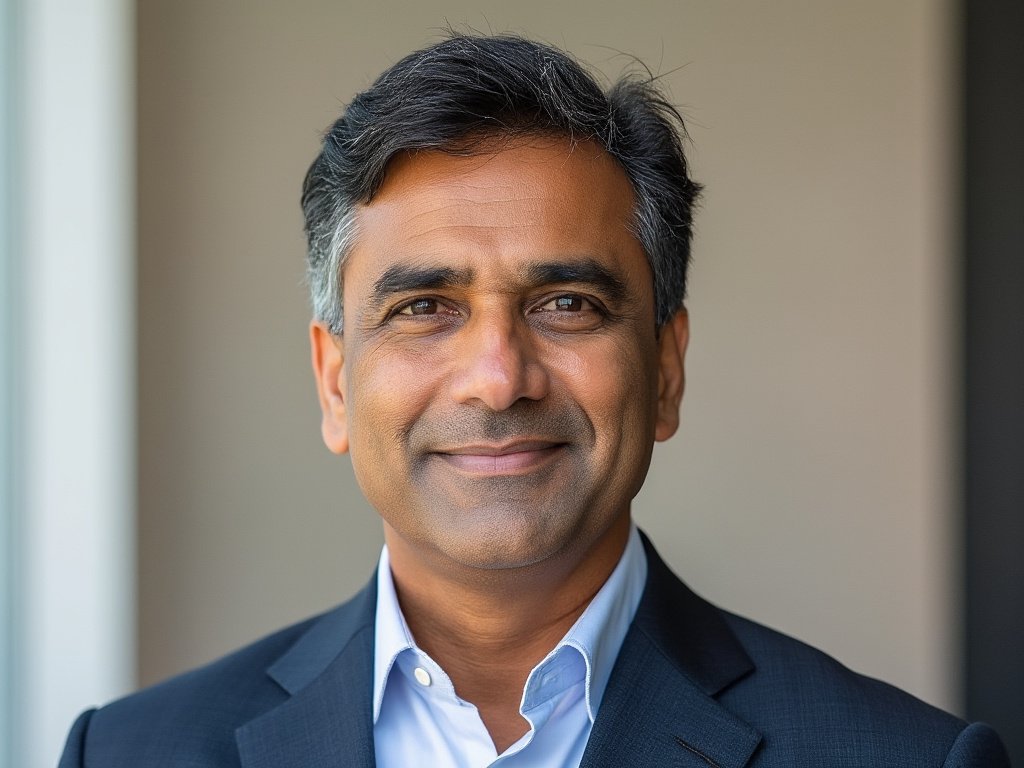Music Streamer Lops 1,500 Jobs As Pandemic Boom Goes Bust
Stockholm – Spotify announced dramatic cuts to its global workforce Monday amounting to around 17%, continuing a troubling trend of layoffs cascading across the technology industry. The streaming giant said it will shed 1,500 roles in its latest round of reductions, leaving around 9,000 remaining staff.
The move sees Spotify pare back around a fifth of employees as it struggles to calibrate costs after overzealous hiring during the pandemic. “We, like many other companies, hired based on the dramatic increases we saw in user growth during the COVID crisis,” explained CEO Daniel Ek in a memo to workers. But he said Spotify must now “rightsize” for the road ahead where “being lean is not just an option but a necessity.”
The cuts equate to Spotify’s third round of layoffs this year after two prior spurts eliminated around 800 positions. While the depth of the current cuts shocked some, Ek stated the music platform bulked up too much when capital was cheap in 2020/21. Now as economic temps chill, trimming headcount has become urgent to bolster the bottom line.
Spotify posted a return to profit last quarter but is still struggling to find its feet as investors grow wary of its vision to evolve beyond music into areas like podcasting. Its share price popped 5% Monday as traders welcomed the savings the cuts could bring.
Employees set to lose their jobs will get around five months severance plus healthcare and career assistance, Ek noted. But the culling of 1,500 roles marks a dramatic reversal for the Swedish tech darling after stellar growth during lockdowns.
The company has plowed close to $1 billion into exclusive podcast content and advertising technology to chase ambition plans to hit 1 billion users. But its listening growth slowed markedly this year while its podcasting push suffered setbacks. Rival platforms also continue gnawing at its market share.
While the wider tech industry bleeds jobs by the thousands, Spotify’s 17% reduction feels “surprisingly large” by Ek’s own admission. It suggests the company may have overextended itself in expectation strong pandemic growth would continue unabated. Now, like others riding high during lockdowns, it faces stark choices to curb costs before user growth and cash reserves decline further.
Image courtesy of Johan Larsson under CC BY 2.0 DEED Attribution 2.0 Generic

As Editor-in-Chief of Southwick News, Dhruv Patel combines his background in computer science from UC Berkeley with his Stanford journalism training to pioneer innovative approaches to digital news delivery.



